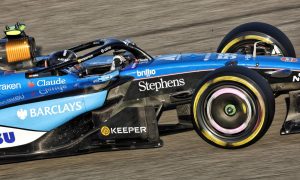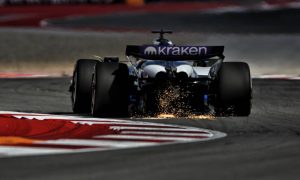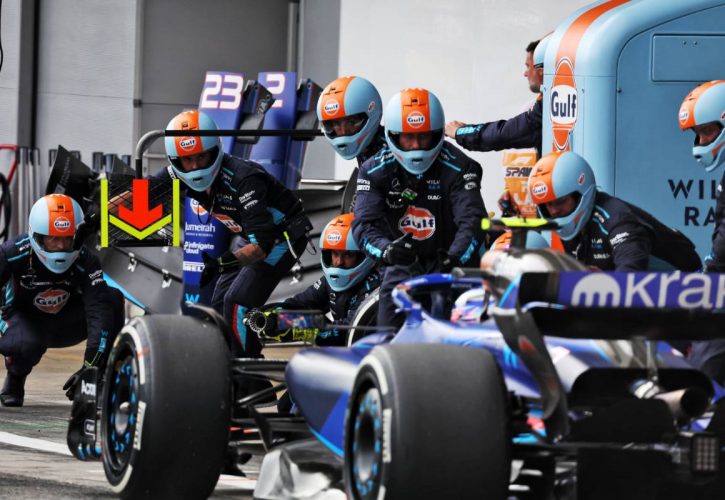
Williams team principal James Vowles has admitted that being a customer engine team on the F1 grid is probably not the way he would have wanted things, given a free hand.
It's common wisdom that to be a front runner in Formula 1, a team needs to be in control of its own power unit development, either by developing its own or having a 'works' status with an engine manufacturer.
In recent years Williams has bought power units from Mercedes. But despite the Silver Arrows winning a string of championships, Williams has found itself bumping along at the bottom of the championship standings.
Alfa Romeo, AlphaTauri, Haas and McLaren are all in a similar position at the moment. But so is Aston Martin, who have achieved remarkable success this year despite themselves being dependent on engines from Brackley.
"I think what Aston has shown you is that you can take that and you can run with it, albeit Aston is going their own way,' Vowles pointed out. "The real question is, can you - with that package - be competitive fighting for a world championship?
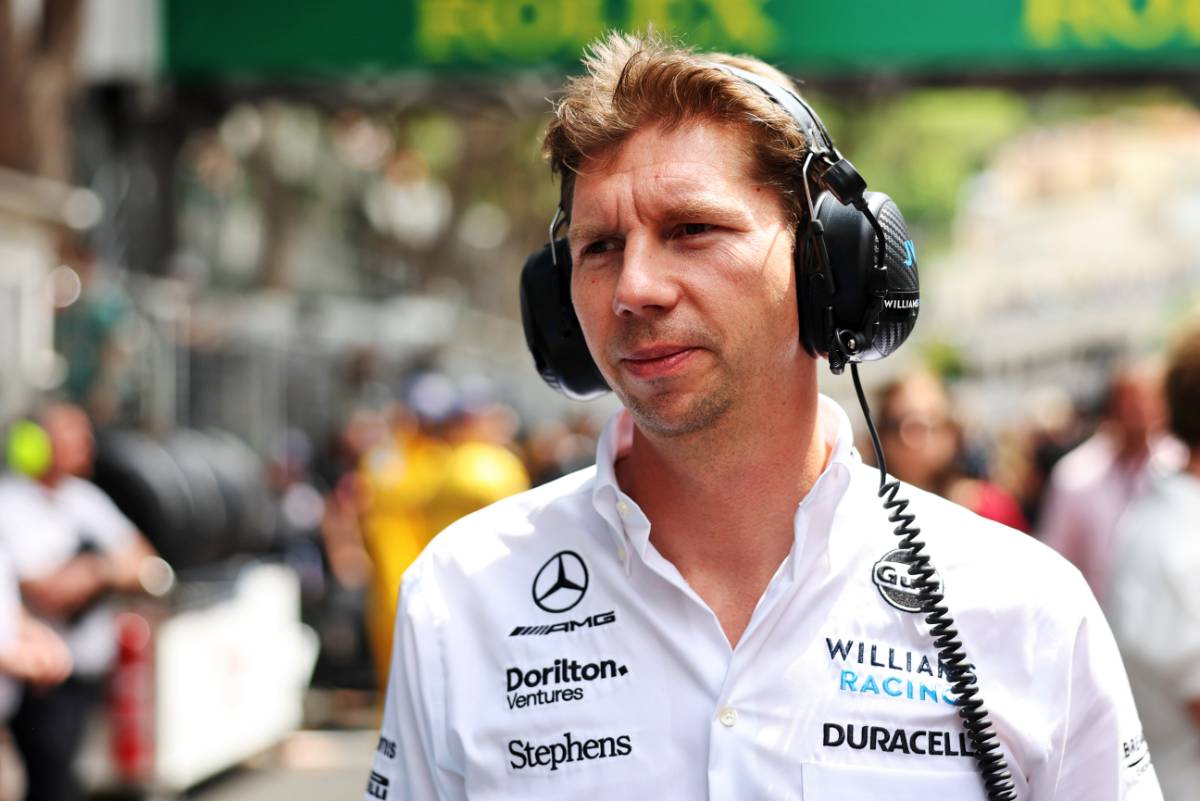
"I don't think it limits you necessarily in a stable set of regulations," he suggested. The next major change to the engine regulations will come into effect in 2026.
Audi will enter F1 as a manufacturer in a works partnership with Sauber, while Honda will be back supplying brand new power units to Aston Martin after they end their current 'legacy' deal with Red Bull, who will switch to Ford.
Williams will continue to be a customer team, but Vowles is looking on the bright side of that arrangement. "The first get-go into 2026, potentially there it becomes a little bit difficult. But the learning will kick in shortly after that.
"I've experienced both now over the last six months," Vowles told the media last week, reflecting on what he had seen at Red Bull and its deal with Honda, and now Williams with its subordinate arrangement with Mercedes.
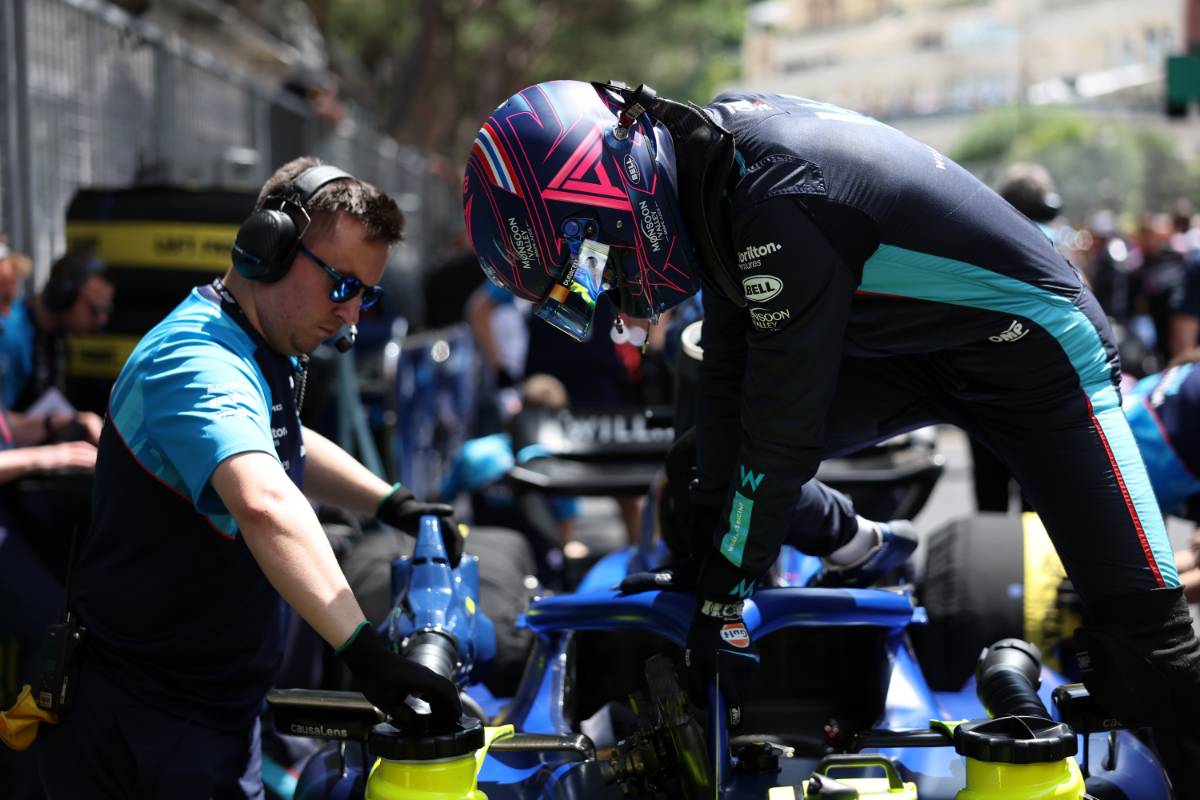
"The closer you are linked with your engine manufacturer, the more you can do the layout of the back of the car the way you need it to be," he acknowledged.
"Your compromise between aerodynamic cooling, performance versus power generation, that compromise can be set by yourself and you understand all of the targets.
"Clearly in a relationship - and we are a customer with Mercedes - that's a lot more difficult," he conceded.
"However there are regulations in place now that are very good, that mean that the power unit we're being supplied is the same power unit as elsewhere. That wasn't the case many years ago.
"I have confidence at least that the power it's generating is good," he insisted. "Now we're into the integration side and where we are.
"We're still in a situation where we take the gearbox - so effectively the casing, the cassette - from Mercedes, and that means that the integration for a lot of it has already been thought about and done to a certain extent."
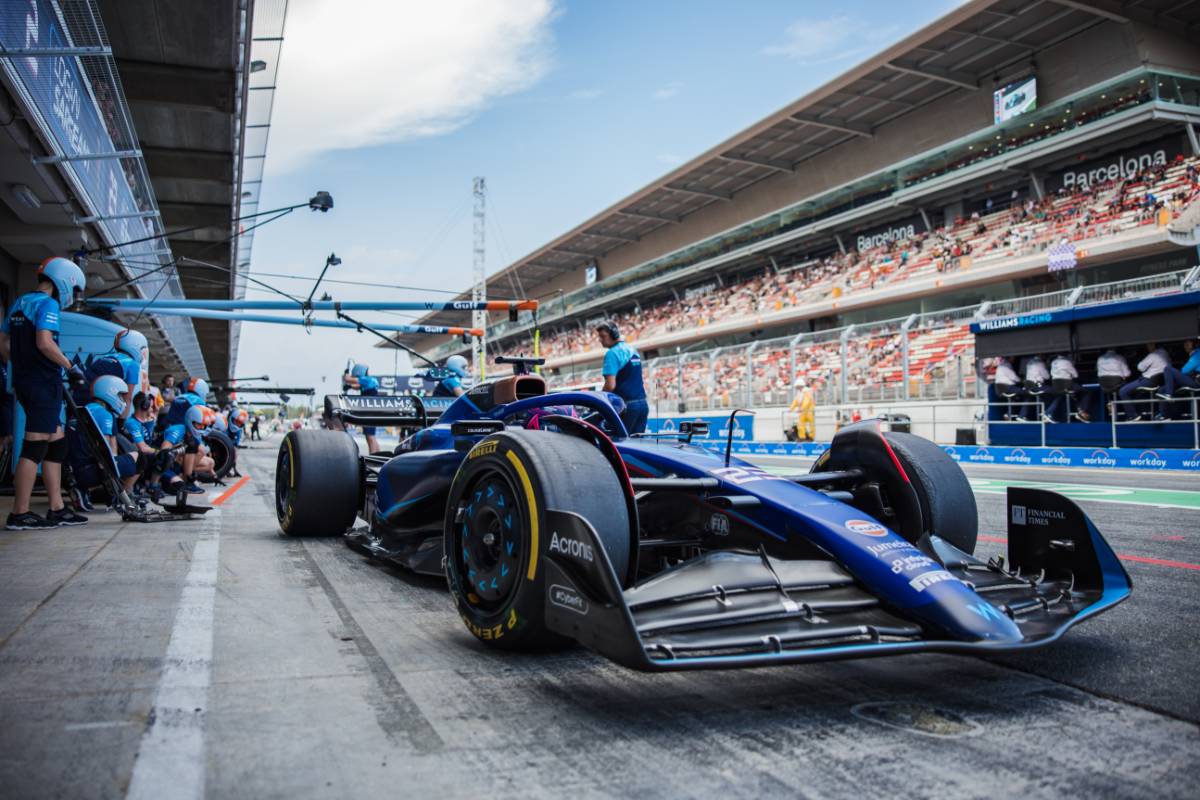
Keep up to date with all the F1 news via Facebook and Twitter




